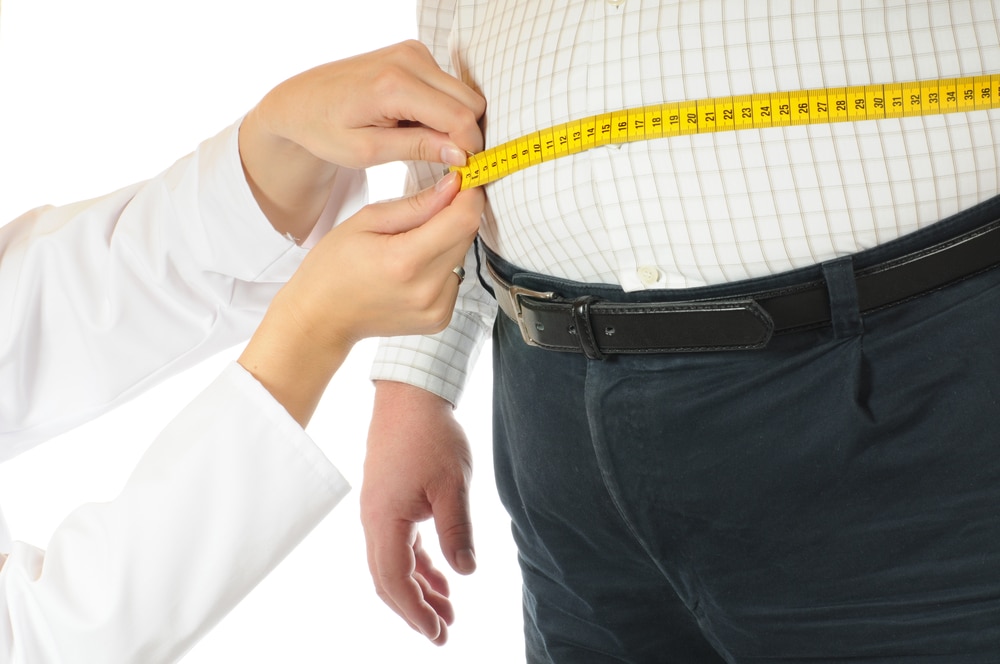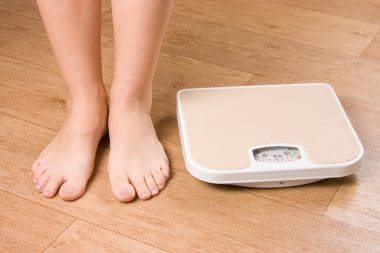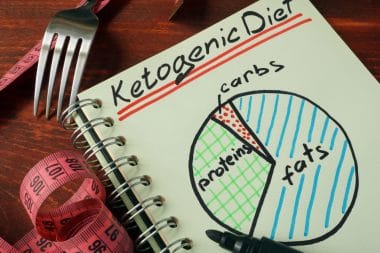Pumpkins are right there with the flag and apple pie as symbols of Americana. We love our pumpkins in all shapes and forms, from Jack-o-Lantern to pumpkin pies. Pumpkin seeds were the original snack foods before they invented Cheetos and other products with very light resemblance to food. The review of the results of the last update of The Third National Health and Nutrition Examination Survey Follow-up Study (NHANES III) shows that our affection for pumpkins is well justified. The pumpkins can keep our heart healthy and us alive and free from cardiovascular diseases.
What is in pumpkins?
Humble pumpkins are an excellent dieting food. One cup of mashed pumpkin, preferably fresh, not from a can, has only 49 calories. Pumpkins are rich in vitamin A (alpha-and beta-carotene), vitamin C, lutein, zeaxanthin, zinc and iron. They are also rich in fiber. One cup contains 564 milligrams of potassium. High alpha-carotene in blood protects people from some fatal cancers and cardiovascular disease.
Pumpkin seeds are even more interesting as nutrition powerhouses. They are rich in protein, magnesium, manganese, iron, zinc, vitamin K and copper. If your doctor told you that you need more zinc in your diet, forget pills. Munch on pumpkin seeds. Pumpkin seeds contain plant sterols, known to play role in reducing the risk of heart disease and cancer. Sterols can also help reduce prostate size. They are also a very rich source of omega-3 essential fatty acids.
Pumpkin seeds and magnesium deficiency
Magnesium deficiency is not common, but it can cause anything from the loss of appetite and fatigue to seizures and abnormal heart rates.
People with Crohn’s disease and poorly managed diabetes, alcoholics and older people are at higher than normal risk of magnesium deficiency. Poor levels of magnesium are usually followed by the low calcium and potassium levels.
It is enough to have just a small, marginal magnesium deficiency to suffer serious consequences. Magnesium deficiency affects athletic performance and causes oxidative stress after exercise. Exercise causes excessive sweat and urinary loss, which increase the need for magnesium.
Traditionally, pumpkin seeds have been used against tapeworms, as well as to prevent children from bed-wetting.
Pumpkin seeds are great snack. They are being sold roasted and salted, but you can make your own. It is cheaper and you can be sure that no chemicals have been added. The only problem is the mess – kids will shed seed shells all over the house.






Reply